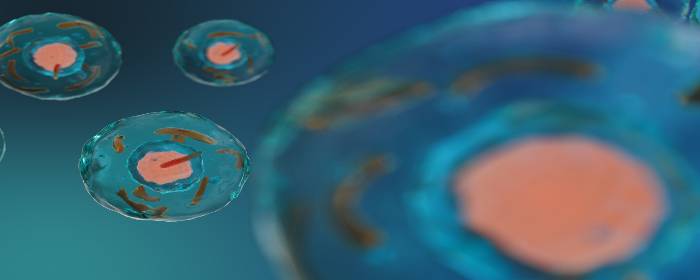
Stem Cells Improve Physical Health and Stamina in Elderly Patients
Frailty is a syndrome of weight-loss, exhaustion, weakness, slowness, and decreased physical activity. These features combine to make frail individuals more susceptible to physical, psychosocial, and cognitive impairments. Unfortunately, frailty is rather common among elderly individuals. In one study of over 44,000 elderly adults living in the community estimated the overall prevalence of frailty was 10.7%. While the risk of becoming frail increases with old age, frailty is not a normal part of aging. Instead, the syndrome of frailty is driven by biological processes such as inflammation and stem cell dysfunction.
No specific treatment can prevent or reverse frailty. Indeed, the goal of treatment is to maximize the patient’s functional capacity and overall health. The most widely accepted way to manage frailty is a multimodal and multidisciplinary approach. Frail individuals or those at risk for becoming frail are encouraged to participate in strength training and aerobic exercise to build up a cardiovascular reserve and physical fitness. At the same time, substantial efforts are devoted to helping patients consume enough calories to maintain lean muscle and support their immune function. As appetite diminishes, malnutrition can become an issue, so supplemental nutrition may be needed. Physicians can help patients by optimizing medical treatments and reducing the total number of medications prescribed (i.e. avoiding polypharmacy).
Despite these multimodal treatments, most frail patients tend to get worse over time. One hope of treatment is to slow the rate of decline; however, this is not always possible.
Since frailty is driven by stem cell dysfunction, a reasonable way to prevent or treat frailty could be to provide patients with healthy stem cells. Researchers recently conducted a randomized, double-blind, clinical trial in 30 elderly patients with frailty. Frail patients received an IV infusion of either human mesenchymal stem cells or placebo. The researchers then followed the patients for 6 months to assess the safety and efficacy of the stem cell treatment.
Stem cell treatment resulted in a rather remarkable set of benefits for frail patients. Compared to placebo, patients treated with stem cells performed significantly better on tests of physical strength and stamina. Stem cell-treated patients used calories more efficiently, which is a sign that they were more physically fit than those in the placebo group. Moreover, patients who received stem cells had better lung function at the end of the trial than those in the control group. Interestingly, women who received stem cell treatment reported a substantial increase in sexual quality of life compared to those in the placebo group. Lastly, no patients experienced any treatment-related serious adverse events.
When one considers how difficult it is to treat frailty or even alter its progressive decline, these results are remarkable. Stem cell treatment not only stopped the progression of frailty, but patients actually improved in several important measures including physical strength, physical endurance, lung function, and sexual quality of life. We anxiously await a pivotal clinical trial to confirm these results.
Reference: Tompkins, BA. (2017). Allogeneic Mesenchymal Stem Cells Ameliorate Aging Frailty: A Phase II Randomized, Double-Blind, Placebo-Controlled Clinical Trial. The Journals of Gerontology, Series A, Biological Sciences and Medical Sciences. 2017 Oct 12;72(11):1513-1522.


 St. Petersburg, Florida
St. Petersburg, Florida
